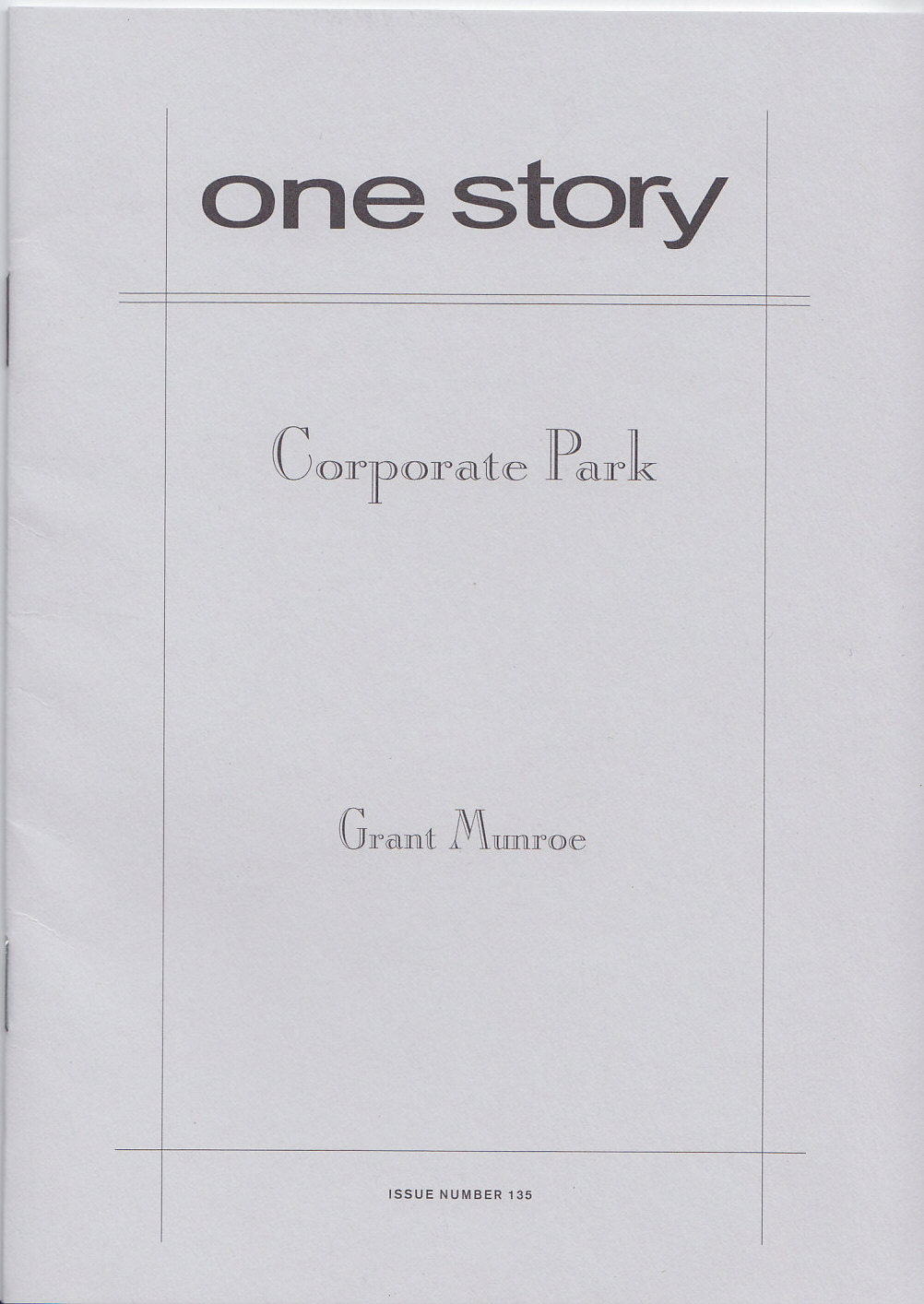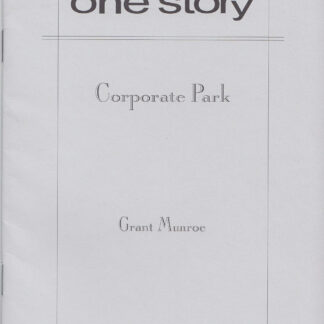
Corporate Park
$2.50
89 in stock
Excerpt
It was as if the mountain lion didn’t exist. Yet it did. And it was on every mind and every twitching lip every hour of every day. It wandered into the office building last month. Kinsella left the door open. He’d gone out for a smoke. Seems impossible to think that a mountain lion learned how to use the elevator. But here we are.
Our corporate park borders a provincial park. The owners were able to purchase the property in exchange for a promise to leave a huge swath of land undeveloped and in the care of the Ministry of Environment. The corporate park was built above the highway and the coast, situated on a slope, with a view to the ocean, its back to the wilderness. There was always a vague understanding that mountain lions, in theory, roamed nearby. I think everyone just assumed there would have been a much sharper distinction between our workplace and the surrounding wilderness.
Kinsella was let go for reasons unrelated to the mountain lion—“an unfortunate casualty of departmental restructuring” was the official verbiage—but those reasons are false. He was let go because he had radically changed the dynamic of the workplace. He had opened everyone, including himself, to the threat of indiscriminate cougar attack. That was the rumor, at least.
Grant Munroe
Grant Munroe’s humor and essays have appeared in McSweeney’s Internet Tendency and The Rumpus. After graduating with a degree in philosophy from Colgate University, he worked for two years on Wall Street. He currently lives in Brooklyn, New York and Kingville, Ontario. This is his first published work of fiction.
Q&A by Pei-Ling Lue
- PL: Where did the idea for this story come from?
- GM: The collision of two events: the near-collapse of the market in 2008 and my discovery of Julio Cortázar. I worked at a financial tech firm for two years before the panic. When its stock price started plummeting and the office went into hysterics, I asked to be laid off. I’d been looking for a way out. I was single. It worked out well. After getting the ax, I spent three months reading. Voraciously. At some point I came to Cortázar’s story “Bestiary,” and fell in love with its hook: a family and a tiger live together in a sprawling estate house. The family goes through the story recognizing the tiger’s proximity, but they consider it less a danger than an inconvenience. I remember thinking: this family is acting just like my coworkers did during company purges; the same tiger could as easily be set in a corporate office. So I adapted the idea.
- PL: What was the most challenging aspect of writing this story?
- GM: The editorial process. Which was also the most instructive aspect of writing the story. My editors, Hannah and Pei-Ling, deserve a lot of credit. They made the story stronger, much more accessible.
- PL: Is Halloway based on anyone you encountered during your time in a corporate office?
- GM: No, not one person. I worked with people who shared some of his traits. I’m sure there’s a bit of me in Holloway, too.
- PL: Did you start this story already knowing how you wanted it to end?
- GM: No, I only knew about two pages before it ended. Maybe less.
- PL: What do you think happens to Halloway at the end?
- GM: Tough question. I don’t know. He gets himself into a tight fix.
- PL: How long did it take you to complete this story?
- GM: A few days after reading “Bestiary,” I wrote the first section: the situation and setting, essentially. Two months later, after a long run, I wrote the rest. It took about four hours. The story just spilled out. It was like taking dictation. That draft, with only a few minor changes, was the draft I sent out. After being picked up, it went through eight months of revision.
- PL: What are you working on now?
- GM: I’m finishing up a novel about a man who develops an obsession with the Chrysler Building.
- PL: What is the best bit of advice about writing you have ever received?
- GM: Hemmingway’s interview in The Paris Review had a big impact on me. I latched onto his practice—never discussed during the interview, but reported by Plimpton in the introduction—of recording a daily output of words. (“The numbers on the chart... differ from 450, 575, 462, 1250, back to 512, the higher figures on days Hemingway puts in extra work so he won’t feel guilty spending the following day fishing on the Gulf Stream.”) I don’t know why this helps, but it does. It’s like keeping a running log. At first I set a goal of writing at least 500 words per day. After I left my job, I raised that to 1,000 words. Some days I write more, most days I write less. The important thing, I think, is to form the habit.
